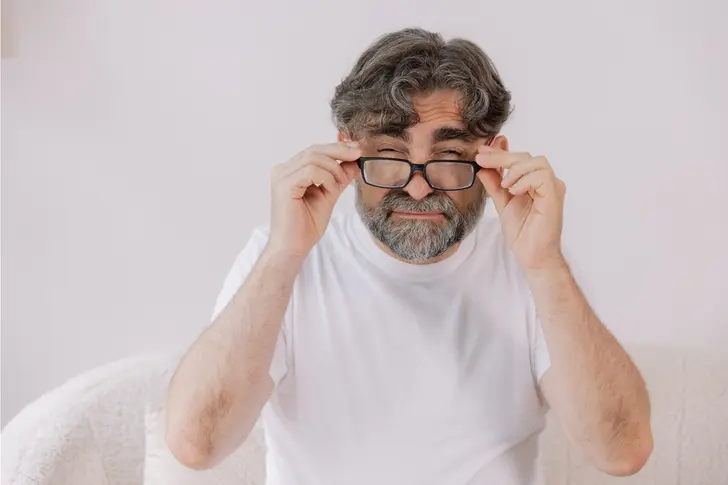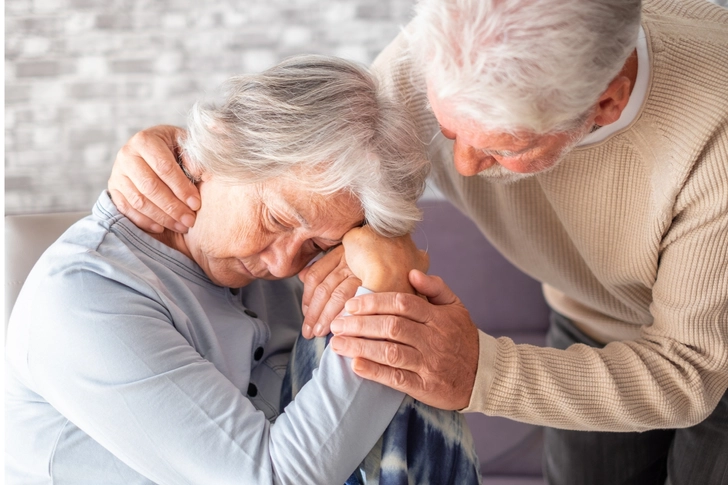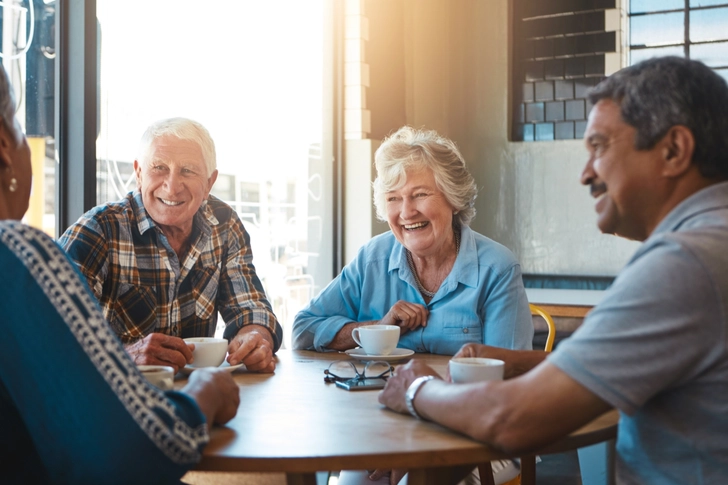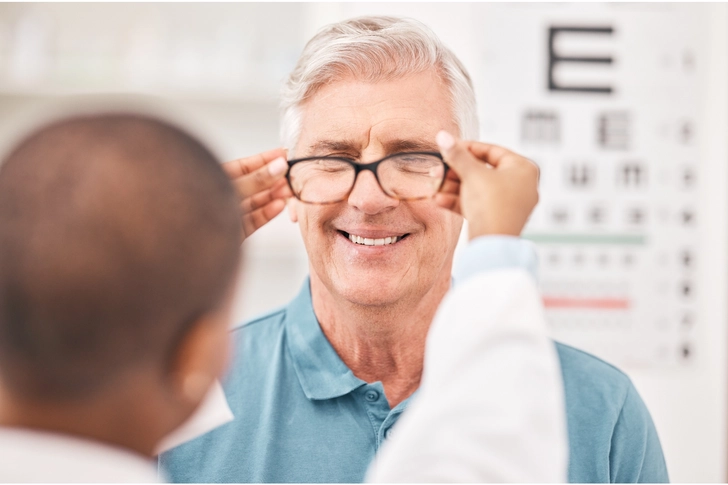- Age-Related Macular Degeneration (AMD)
- Wet Age-Related Macular Degeneration
- Geographic Atrophy
- Appointment Prep
- View Full Guide
Finding Support with GA


Understanding Geographic Atrophy
Geographic atrophy (GA) is a progressive eye condition that affects your vision and daily activities. It doesn't lead to complete blindness, but it makes it harder to perform tasks like reading, driving, and cooking.

Importance of Social Support
Social support can help you adapt to life with GA. It provides both logistical and emotional help, making daily tasks and emotional management easier.

Managing Emotions
You might feel a range of emotions after a GA diagnosis. It's important to acknowledge these feelings and seek help. Connecting with others and finding support can help you navigate these emotional challenges.

Educating Family and Friends
Help your loved ones understand GA by explaining that it doesn't cause complete blindness but makes certain tasks difficult. Open and honest discussions can lead to better understanding and more effective support from family and friends.

Specific Ways to Help
Be clear about the type of help you need. Family and friends can assist with doctor appointments, errands, and technology. They can also provide companionship and organize social activities to help you feel less alone.

Benefits of Support Groups
Joining a support group can provide a sense of community and shared experiences. These groups offer valuable tips, resources, and emotional support. You can choose between online or in-person meetings to suit your preferences.

Tips for Support Group Success
To get the most out of support group meetings, introduce yourself to the leader, arrive early, ask questions, and try to build connections with other members. This can enhance your support network.

Staying Active With GA
Talk to your doctor about types of exercise that may suit you. Physical activity can help manage symptoms of anxiety and depression. Staying active is a key component of managing GA effectively.

Vision Rehabilitation
A vision rehabilitation specialist can offer practical tips to maximize your remaining vision. They can guide you on adapting your environment and using tools to make daily tasks easier.

Mental Health Support
Talking to a mental health professional can help you cope with the emotional challenges of GA. Therapy can provide strategies for managing stress, anxiety, and depression, and contribute to better emotional health.
Photo Credits:
1. Anatoliy Cherkas/Shutterstock
2. Lucigerma/Shutterstock
3. Peopleimages.com - Yuri A/Shutterstock
4. Inside Creative House/Shutterstock
5. Peopleimages.com - Yuri A/Shutterstock
6. Peopleimages.com - Yuri A/Shutterstock
7. Peopleimages.com - Yuri A/Shutterstock
8. pics five/Shutterstock
9. Peopleimages.com - Yuri A/Shutterstock
10. Kmpzzz/Shutterstock
Sam Dahr, MD, director, Retina Division, Ruiz Department of Ophthalmology and Visual Science, McGovern Medical School, UTHealth Houston.
Preeti Subramanian, PhD, director, vision science research, BrightFocus Foundation.
Matthew (Matt) Starr, MD, ophthalmologist, Mayo Clinic; associate professor of ophthalmology, Weill Cornell Medicine.
Jennifer L. Stone, OD, optometrist.
Foundation Fighting Blindness: “Find Your Local Chapter.”
Macular Disease Foundation Australia: “Geographic atrophy and quality of life.”
Prevent Blindness: “What is Geographic Atrophy (GA)?”
American Printing House for the Blind (APH), Connect Center, VisionAware: “I Found a Sight Loss Support Group! Now What?” “The Who, What, When, Where, And Why of Support Groups for People with Vision Loss.”